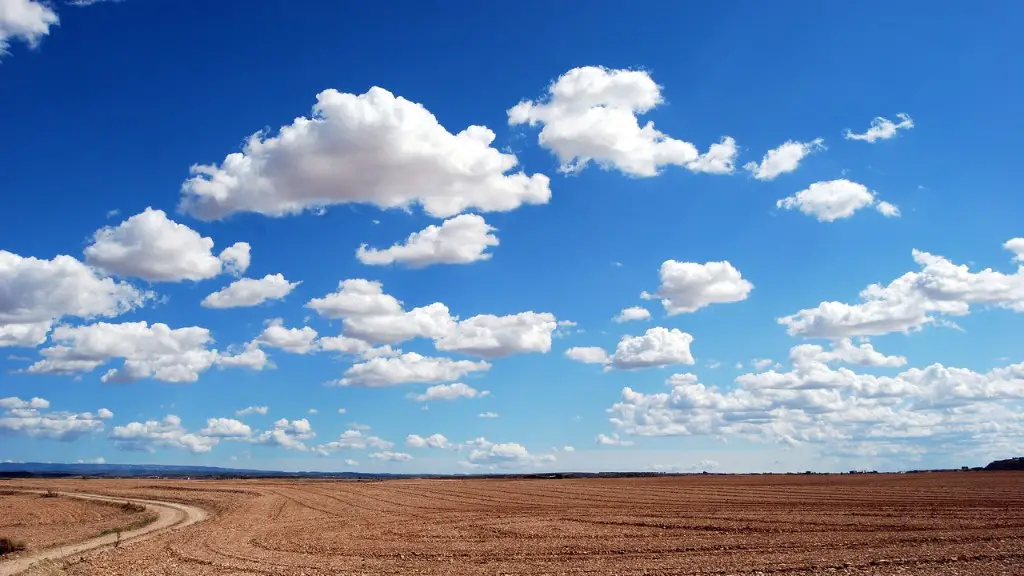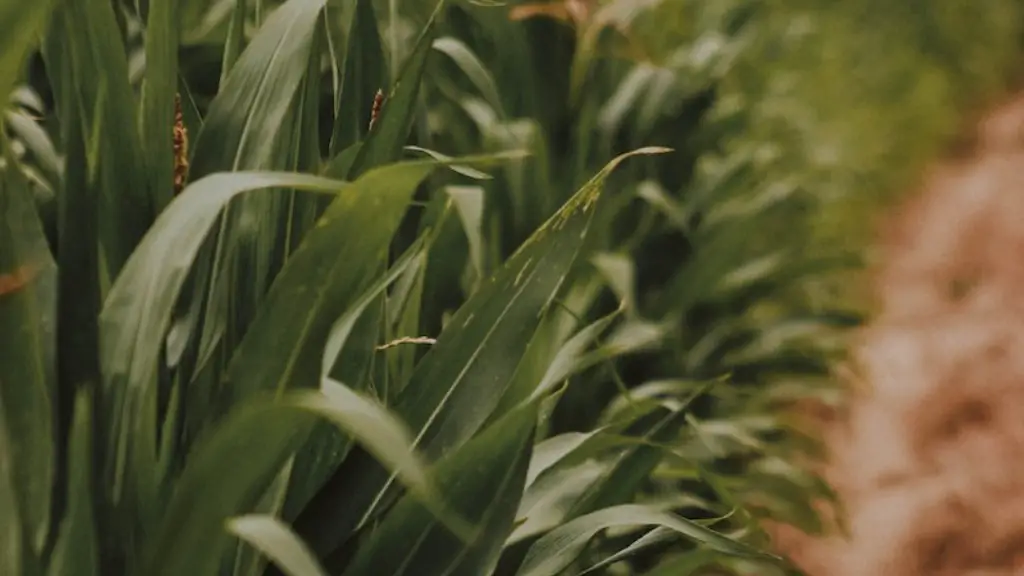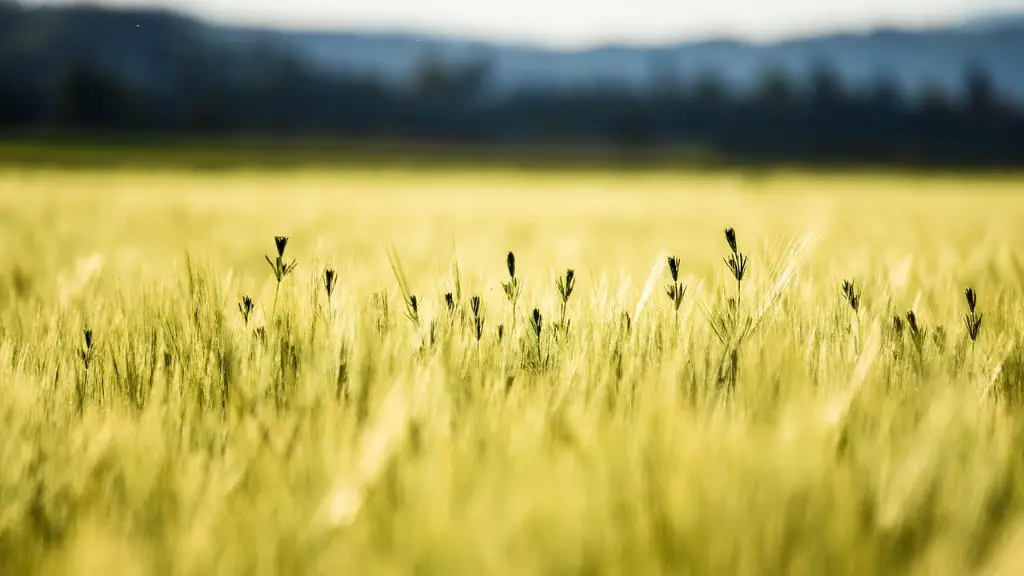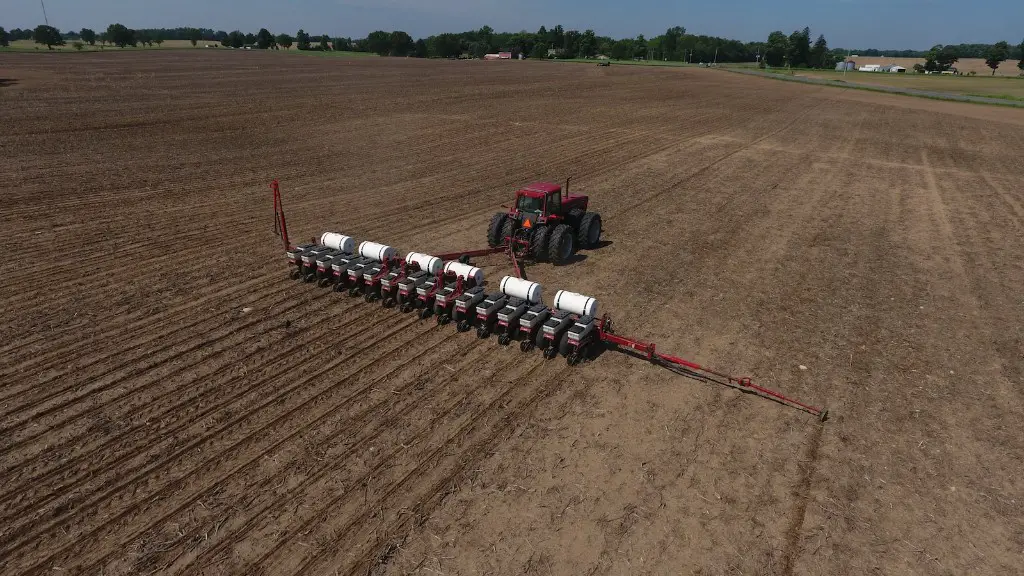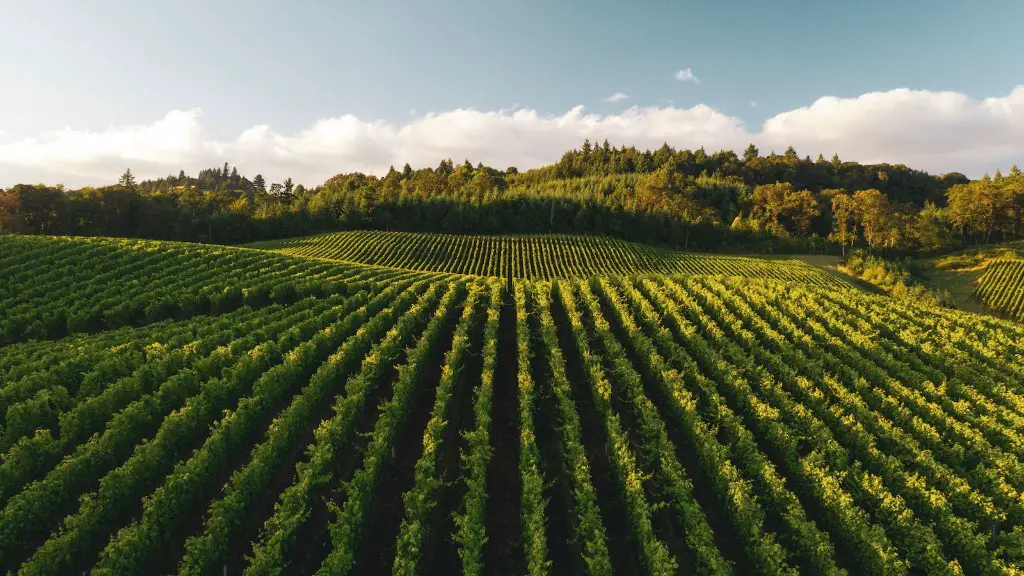Since the beginning of time, agriculture has been a vital part of human society. Agriculture is the process of producing food, feed, fiber, and other desired products by the cultivation of plants and animals. Agriculture has often been referred to as the “backbone of civilization.” The food we eat, the clothes we wear, and the shelter we live in are all products of agriculture. Agriculture has played a significant role in the development of human societies. It has provided the means for people to settled in one place and build civilizations. Agriculture has also been a major source of employment and economic growth. In recent years, however, the role of agriculture in society has come under scrutiny. The industrialization of agriculture and the development of agribusiness have led to a decline in the number of people employed in agriculture. In developed countries, only a small percentage of the population is now involved in producing food. In addition, the environmental impact of agriculture has become a major concern. The overuse of pesticides and fertilizers has led to soil and water pollution. The clear-cutting of forests has also contributed to environmental degradation. As we examine the role of agriculture in society, it is important to consider both its positive and negative impacts.
Agriculture has provided society with food and clothing for millennia. Agriculture allowed for the domestication of plants and animals, which led to the development of civilizations. Agriculture has also been used for political purposes, such as controlling territory or demonstrating power. In more recent years, agriculture has been used to improve the environment and support economic growth.
How did agriculture impact society?
The growth of cities and civilizations can be largely attributed to the development of agriculture. The ability to farm crops and animals allowed for a consistent and reliable food supply, which in turn allowed for population growth. Today, the global population has reached over seven billion people due largely to the advancement of agriculture.
More abundant food supplies could support denser populations, and farming tied people to their land. Small settlements grew into towns, and towns grew into cities. Agriculture produced enough food that people became free to pursue interests other than worrying about what they were going to eat that day. This led to the development of civilizations and the rise of cities.
How important is agriculture in today’s society
Agriculture is vital to the world as it provides food, clothing, and shelter for people. It helps people to live a higher quality of life by providing them with essential needs. Agriculture also helps to improve the economy by providing jobs and income.
Agricultural practices have a significant impact on society. They can change diets, the role of women in agricultural production, and the economic purpose of agriculture. Agricultural practices can also have a negative impact on society, such as causing environmental degradation.
What are 3 benefits of agriculture?
Agriculture is the backbone of human survival. Without agriculture, we would not have the food, shelter, or clothing that we need to survive. The raw materials for all of these things come from agriculture. Crops for food, silk for cloth, and wood for shelter all come from agriculture. Without agriculture, we would not be able to survive.
Agriculture plays a vital role in creating the enabling environment for biodiversity. The increase in biodiversity will lead to healthier soil, less erosion, better water conservation, and healthier pollinators. This, in turn, will help to create a more sustainable and productive agricultural system.
How agriculture change the life?
Agriculture has had a profound impact on human civilization, paving the way for the rise of cities and complex societies. Agriculture allowed for the domestication of plants and animals, which led to the development of civilizations. By settling down in one place and growing their own food, people were no longer reliant on gathering or hunting for food. This allowed for the development of complex societies and the rise of cities. Agriculture has had a profound impact on human history and continues to play a vital role in the modern world.
The agricultural revolution was a time of great change for humans. It led to a more settled way of life, as well as new technologies and ways of working the land. However, it also had a number of consequences for humans. One of these was a decline in nutrition, as the crops that were grown were not as nutritious as the wild plants that had been eaten before. Additionally, the domestication of animals led to the rise of new diseases, as humans came into contact with diseases that had previously onlyaffected animals. The agricultural revolution also led to a greater disparity between the rich and the poor, as those who owned the land and had the means to farm it became increasingly wealthy, while those who did not were left behind.
What are 3 benefits of the agricultural revolution
The development of agriculture is often referred to as a revolution because it was a major turning point in human history. Agriculture allowed for the development of cities, the growth of the human population, and the rise of civilization.
Organic farming improves the fertility of the soil which in turn increases the cost and request of the items. Modern farming has modern storage methods that reduce wastage of food grains, thus decreasing the effect on the ecosystem.
How does agriculture help the economy?
Agriculture plays a major role in economic growth and development. It provides food for people and raw materials for industry. It is an important contributor to economic activity in other sectors of the economy.
While agriculture is commonly thought of in terms of the food it produces, it is also a major driver of the US economy. In addition to the direct market for food, there are also related industries that benefit from agriculture. These include food sales, nutrition research, horticulture, and restaurants. Agriculture thus has a broad impact on the US economy, creating jobs and driving economic growth.
What were 2 benefits of the agricultural revolution to human society
The Agricultural Revolution was a time of experimentation with new crops and new methods of crop rotation. These new farming techniques gave soil time to replenish nutrients, leading to stronger crops and better agricultural output. Advancements in irrigation and drainage further increased productivity.
The Agricultural Revolution was a series of innovations in farming practices that resulted in vastly increased food production. These innovations included the steel plow, mechanized harvesting, and the use of fertilizer. The increased food production led to better diets, longer life spans, and an increase in population. As population increased, so did the pool for workers in industry.
What are 5 reasons why agriculture is important?
The main source of raw materials to industries such as cotton and jute fabric, sugar, tobacco, edible as well as non-edible oils is agriculture. Moreover, many other industries such as processing of fruits as well as vegetables and rice husking get their raw material mainly from agriculture. This highlights the importance of agriculture in providing raw materials to industries and hence the need for its promotion.
The very poorest people primarily benefit from agricultural growth through increased demand for their labour. Agricultural growth increases the probability of obtaining employment, and it may increase the salary level, thereby increasing the income that can be accrued from selling labour. Even if someone is employed in agriculture, their wages will likely increase as a result of agricultural growth, providing them with more money to spend on other things. All of these factors combined should help to improve the lives of the very poorest people.
Warp Up
Agriculture has long been a cornerstone of human civilizations. Its impact on society is far-reaching and touches almost every aspect of our lives. Agriculture has played a vital role in the development of human societies and the rise of civilizations. It has helped shape our world and the way we live in it. Agriculture has provided food for our families and communities, and it has also played an important role in our economy and in the development of our world.
Agriculture has been a part of human society for thousands of years. It has played a vital role in the development of civilizations and has contributed to the food and economic security of millions of people around the world. Today, agriculture continues to be an important part of the global economy and plays a critical role in feeding the world’s growing population.
